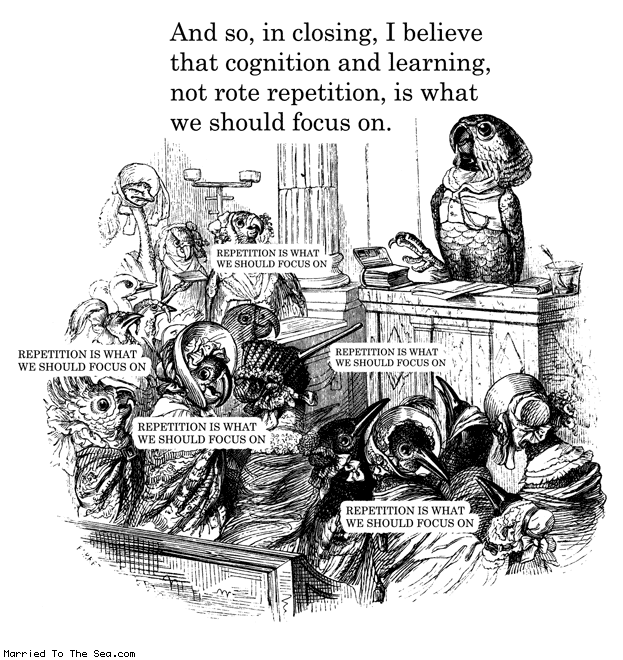The Past & Future of Universal Grammar
Thursday, 15 December 2011 to Sunday, 18 December 2011Details
Grammar is universal in human populations, pathologies aside. A theory of grammar should thus be a universal theory in this sense. Yet it is widely contended today that it need not be the theory of Universal Grammar (UG), in the sense of its early generative formulations, which have taken UG to be a linguistically specific and species-specific biological endowment consisting of functionally arbitrary formal rules. Theories of universal grammar have also been formulated in a number of different ways in the past, with far from identical underlying axiomatic assumptions. Furthermore, the modern theory of UG itself is currently undergoing a significant reformulation, following the development of Minimalism. This conference aims to provide a forum for assessing and (re-)directing the course that research on universal grammar and the biological foundations of language should take over the coming years and decades, bringing together linguists, psychologists, philosophers, and biologists.
Full Description
Call for Commentators (due October 15, 2011)
We hope to offer a conference fee waiver plus financial help towards accommodation and/or travel costs to all commentators. The call for commentators will be released in August.
Programme
Thursday 15th December – arrival date and registration in Calman Learning Centre, accommodation in Durham Business School.
Public Lecture in Union Society
Tim Crow, University of Oxford: The speciation of modern Homo sapiens
Friday 16th December – Main conference in Calman Learning Centre, Science Site
Session 1: The past of UG
Wolfram Hinzen, Durham University: Three traditions of Universal Grammar
Elisabeth Leiss, University of Munich: Part-whole-relations in the Universal Grammar of the Modistae
Session 2: The future of UG
Guglielmo Cinque, University of Venice: In search of Universal Grammar: the hidden structure of natural language
Anders Holmberg, Newcastle University and Ian Roberts, University of Cambridge:Past and future approaches to linguistic variation
Session 3: No need for UG
Ewa Dabrowska, Northumbria University: What exactly is Universal Grammar, and who has seen it?
Nick Chater, Warwick Business School: Language is shaped by the brain; but not the reverse
Session 4: The evolution of grammar
Maggie Tallerman, Newcastle University: Is the syntax rubicon more of a mirage? A defence of pre-syntactic protolanguage
Ian Tattersall, American Museum of Natural History: A context for the emergence of language
Public Lecture in Union Society
Tom Roeper, University of Massachusetts: The image of mind in the grammar of children
Session 5: The Grammaticalisation of the brain
Christopher Petkov, Newcastle University: T.B.C.
Nathalie Tzourio-Mazoyer, University of Bordeaux: Neural basis of the hemispheric specialization for language
Gavin Clowry, Newcastle University: Human specific aspects of cerebral cortex development
Session 6: Thinking without grammar
Wolfram Hinzen, Durham University: The grammar of thought
Tom Roeper, University of Massachusetts: The UG challenge of Interfaces
Rosemary Varley, Sheffield University: Reason without grammar
Jill de Villiers, Smith College: Which concepts need the human language faculty?
UG: the minimum workshop in Union Society
Hagit Borer, University of Southern California: T.B.C.
Halldor Sigurdsson, Lund University: T.B.C.
Daniel Seely, Eastern Michigan University: Maximising Minimal Merge
Michelle Sheehan, University of Cambridge: How much variation is PF-variation?




